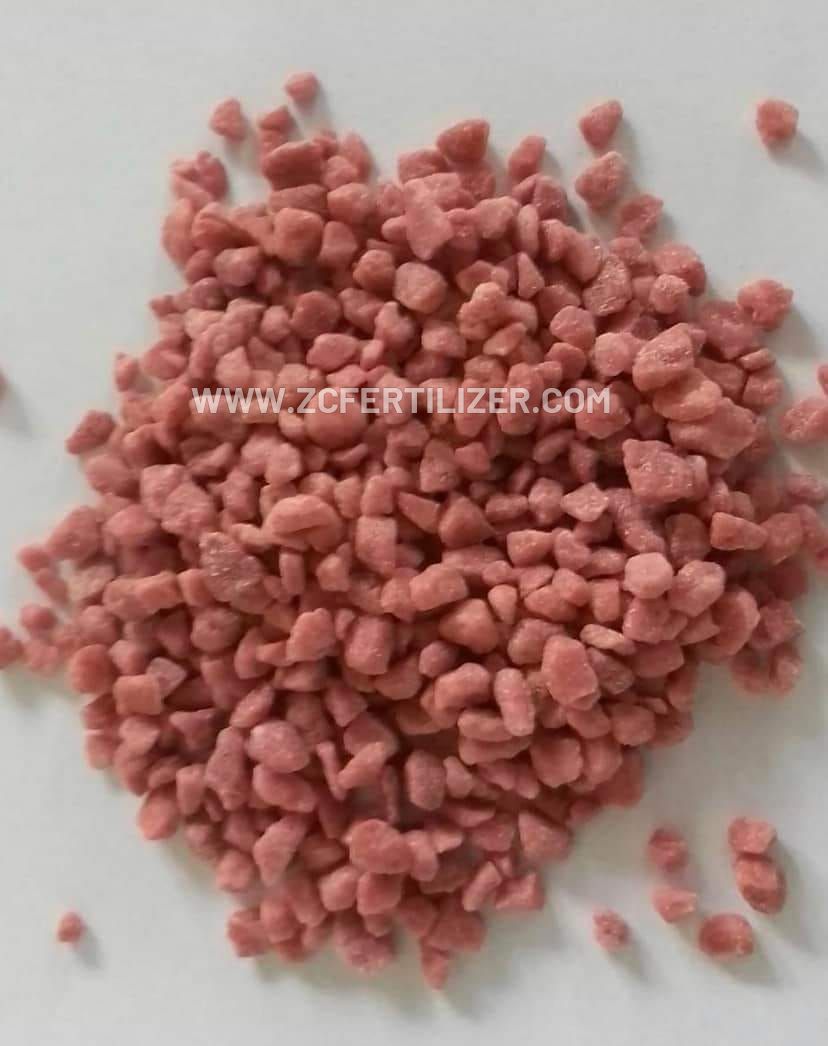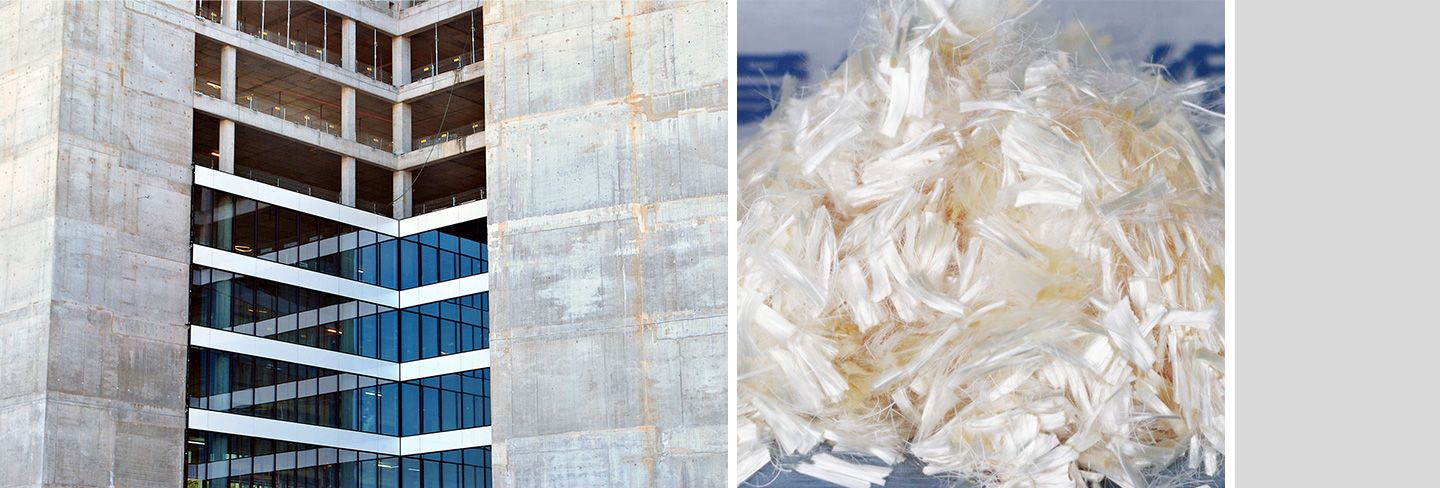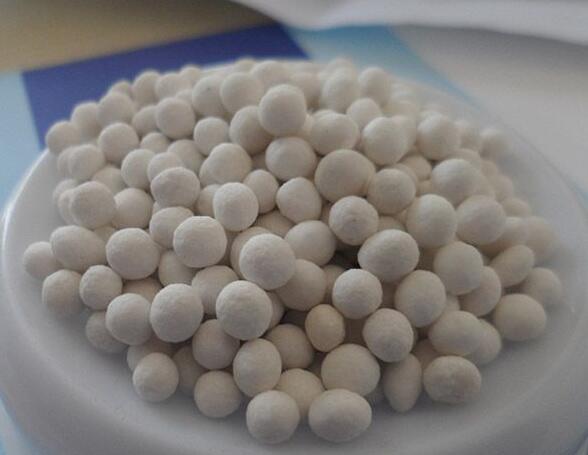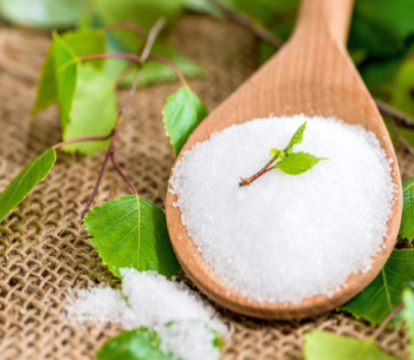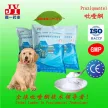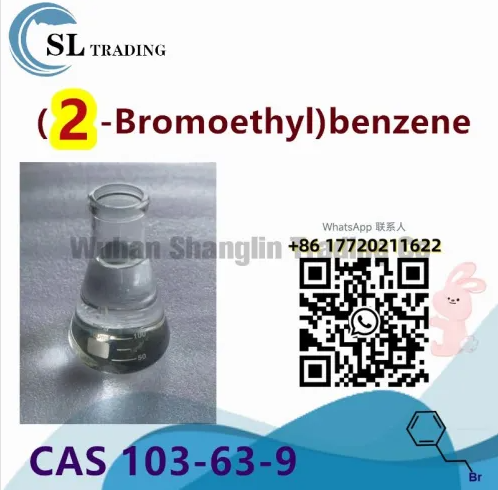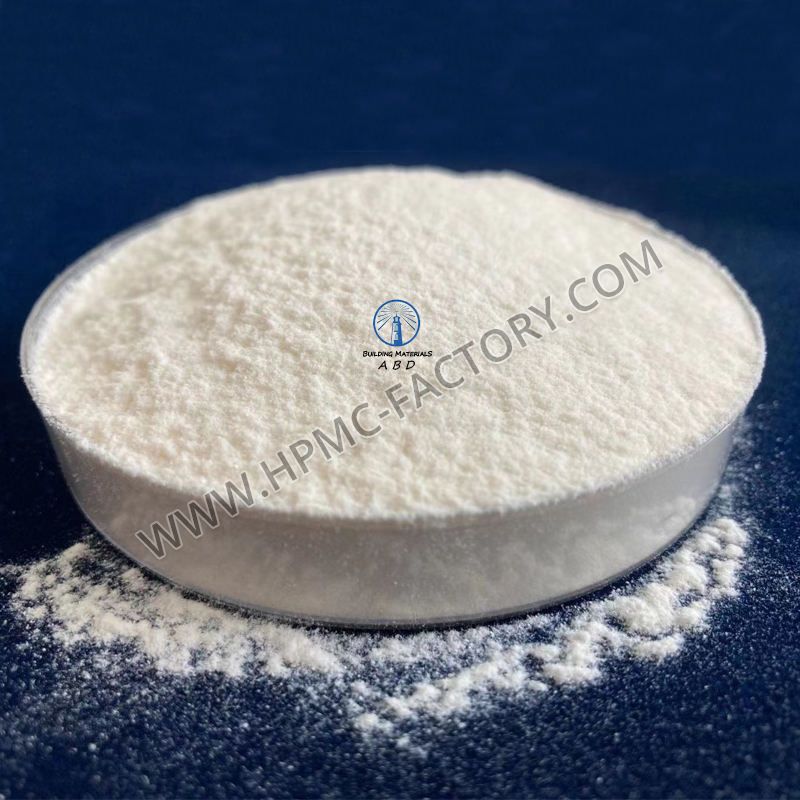How Spray Adhesive Enhances Vinyl Flooring Installation
Vinyl flooring has emerged as a popular choice for homeowners and contractors alike due to its durability, versatility, and ease of maintenance. When it comes to installing vinyl flooring, one crucial element that can significantly impact the outcome is the adhesive used in the installation process. In recent years, spray adhesive has gained recognition as a preferred method for securing vinyl flooring. But why exactly is spray adhesive favored, and what benefits does it offer compared to traditional adhesives? Let's delve into the specifics.
What is Spray Adhesive?
Spray adhesive, also known as aerosol adhesive or aerosol glue, is a type of adhesive that is dispensed from a pressurized can in the form of a fine mist or spray. This adhesive formulation is commonly used in various applications, including crafts, upholstery, automotive, and most relevantly, flooring installation.
How Does Spray Adhesive Work for Vinyl Flooring?
Spray adhesive for vinyl flooring works by creating a strong and permanent bond between the flooring material and the subfloor. The adhesive is applied evenly in a spray pattern, allowing for precise coverage and minimizing the risk of excess adhesive buildup. This method ensures a secure and stable installation while reducing the likelihood of adhesive seeping through the seams of the vinyl tiles or planks.
Why Choose Spray Adhesive for Vinyl Flooring Installation?
1. Ease of Application: Spray adhesive offers a hassle-free application process, eliminating the need for trowels or rollers commonly used with traditional adhesives. The spray application allows for quick and efficient coverage, saving time and effort during the installation process.
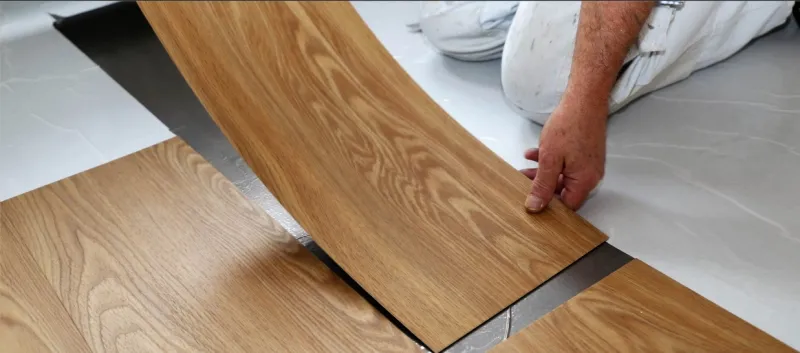
2. Minimal Mess: Unlike liquid adhesives, spray adhesive minimizes mess and cleanup requirements. The controlled spray pattern ensures that the adhesive is applied only where needed, reducing the risk of spills or drips on surrounding surfaces.
3. Improved Adhesion: vinyl floor spray adhesive provides excellent adhesion between the vinyl flooring and the subfloor, creating a strong bond that withstands foot traffic, moisture, and temperature fluctuations. This ensures long-lasting performance and prevents issues such as lifting or curling of the vinyl tiles or planks over time.
4. Versatility: Spray adhesive is suitable for various types of vinyl flooring, including luxury vinyl tiles (LVT), vinyl plank flooring, and vinyl sheet flooring. It can be used on different subfloor materials, such as concrete, wood, or existing flooring surfaces, making it a versatile choice for different installation scenarios.
Additional resources:What Are the Key Questions to Ask When Ordering Hpmc in Tile Adhesive?
Hydroxypropyl Methyl Cellulose: Everything You Need to Know in Colombia
Can Silica Fume Enhance the Magic of Ceramics?
FAQs | Everything You Need to Know About Formic Acid
WHAT IS SURFACTANT AND WHEN TO USE IT?
What does ammonium sulphate do to plants?
Unlocking the Magic of Hydroxypropyl Methylcellulose: A Game-Changer in Modern Industry
5. Reduced VOC Emissions: Many spray adhesives formulated for vinyl flooring installation are low in volatile organic compounds (VOCs), contributing to improved indoor air quality and environmental sustainability. This makes them a preferred choice for residential and commercial projects where indoor air quality is a concern.
6. Quick Drying Time: Spray adhesive typically dries faster than traditional adhesives, allowing for quicker installation and minimizing downtime. This is particularly advantageous in time-sensitive projects or areas where rapid turnaround is required.
Tips for Using Spray Adhesive Effectively:
1. Preparation is Key: Ensure that the subfloor is clean, dry, and free of debris before applying the spray adhesive. Any contaminants or moisture present on the subfloor can compromise the adhesive bond.
2. Follow Manufacturer's Instructions: Always read and follow the manufacturer's instructions and recommendations for the specific spray adhesive product you are using. Pay attention to application guidelines, drying times, and safety precautions.
3. Work in Well-Ventilated Areas: Use spray adhesive in well-ventilated areas to minimize exposure to fumes. Consider using personal protective equipment, such as a respirator or mask, especially in confined spaces.
4. Apply Evenly and Sparingly: Avoid over-application of spray adhesive, as excessive adhesive may lead to bonding issues or adhesive squeeze-out between the vinyl seams. Apply the adhesive evenly and sparingly to achieve the desired bond strength.
In conclusion, spray adhesive offers a convenient, efficient, and reliable solution for vinyl flooring installation. Its ease of application, strong adhesion, and versatility make it a preferred choice for both DIY enthusiasts and professional installers. By understanding how spray adhesive works and following best practices for its use, homeowners can achieve professional-quality results in their vinyl flooring projects.
https://www.sprayadhesivo.com/spray-glue.html
Unlocking the Magic of Velvet Effect Paint: A Comprehensive Guide
How Often Should You Change Your Paint Roller?
What is Chloroacetyl chloride used for?
Who Are The 30 Best Paint Tool Suppliers?
Boost Your Phenol Alkylation Plant's Efficiency with Steric Considerations
What is RDP Powder Used For?
What is sodium acetate trihydrate used for?


